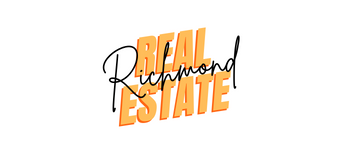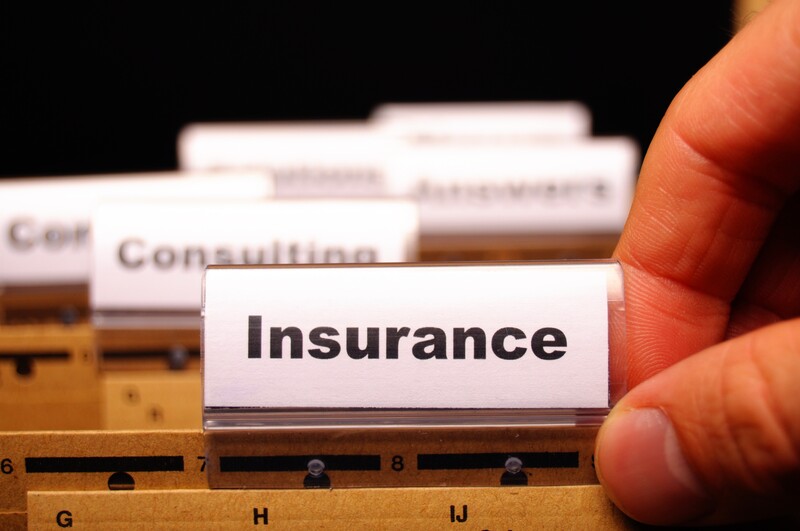Protect Your Business From Liability Claims Using Public Liability Insurance
A business, just like a home and car, is an important asset that needs to be protected from risks. There are many liabilities that may arise during the day to day running of a business. Identifying all those risks is the first step in the journey to protecting your business effectively. Business owners should consider talking to a business consultant to learn about those risks. Another option is to consult a business insurance broker to get this information. You can always count on Public Liability Insurance Australia for accurate information and the best business insurance policies for the kind of business you run.
Insurance Policies that Every Business Should Have
i) Commercial Property Insurance
This is a policy that safeguards the tangible assets owned by a business. This includes the business premise, furniture and fittings, electronics, inventory, plant and machinery among others. When a fire, floods, hurricanes, earthquakes or any other type of incident causes damage to business property, the insurer will offer compensation. This also includes vandalism, theft and robbery incidents. It is always good to read the policy document to find out exactly what the policy covers before you purchase it.
ii) Workers Compensation Insurance
Every business that employs at least one worker should have workers compensation insurance to protect the workers. This policy provides coverage in case of work-related injuries. When a worker is injured at work while discharging their duties, the policy will cover all their medical expenses and offer wage-replacement benefits commonly referred to as temporary disability or permanent disability benefits. In return, the injured worker will give up their right to sue their employer.
iii) Public Liability Insurance
This is perhaps the most crucial insurance policy for businesses regardless of the kind of operation. It protects the business from liabilities arising from injury lawsuits filed by suppliers, the public or employees for injuries caused by the business as well as those that occur within the business premise. It is important to note that there are many high-potential businesses that have been brought down by lawsuits around the world, even malicious lawsuits. Someone may slip and fall in your business premise and file an injury suit. An employee who is fired for laziness or incompetence can file a suit claiming wrongful dismissal, sexual harassment and discrimination among other things. Whatever the case, having this type of policy will ensure your business is sufficiently protected. The following are some of the benefits offered by this policy:
Legal Fee Coverage: Whether you win or lose an injury lawsuit, the cost of mounting a strong defence is usually high. Fortunately, liability insurance pays the full cost of defending your business or yourself from injury lawsuits. This means that you will not need to use your working capital or personal finances to fight an injury lawsuit. You can also hire the best lawyer in the city or country knowing very well that it’s your insurer who will pay for the legal service.
Compensation for Damages: In case the court rules against you and orders you to pay a huge compensation for the injuries, the insurance company will settle the bill according to the terms and conditions of the policy document. If you have $1 million in liability coverage limit, and the court awards the plaintiff $800,000 or $900,000, you will be covered effectively. However, if you only carry $500,000 in coverage, then you will have to pay the difference out of pocket. That’s why you need to check the extent of coverage before purchasing a policy.
Choosing a Suitable Policy
As noted above, it is crucial you look for a policy that provides sufficient coverage. Please note that you may have a policy that seems great at first glance, but on reading the inclusion and exclusion clauses, you may discover the policy does not protect your business effectively. Therefore, the first thing to check when looking for a suitable policy for your business is the types of liabilities covered. Secondly, you need to check the liability coverage limits. Thirdly, you have to read the exclusion clauses to ensure there are no unreasonable clauses. Lastly, you need to compare premiums to ensure you get value for money for your business.


